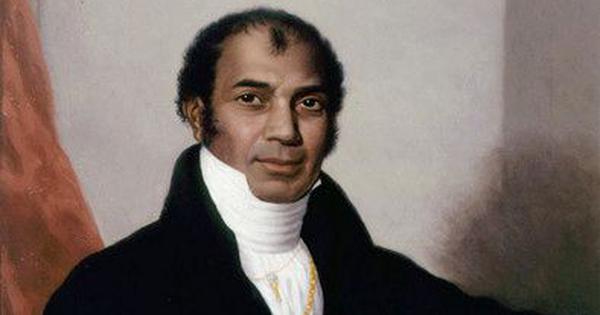Exploring the life and legacy of Dean Mahomed, a pioneer in self-publishing and cultural representation.
The Travels of Dean Mahomet is a remarkable work that stands out in the literary landscape of the 18th century. Structured as letters addressed to a fictional ‘Dear Sir,’ the book recounts Mahomed’s life, his military experiences, and his observations on Indian society. This unique memoir, published in Cork in 1794, was not merely a personal narrative; it was an ambitious attempt to present Indian culture to an Anglo-Irish audience. Mahomed’s journey to becoming a published author began long before the postcolonial canon emerged, making his contributions noteworthy in the context of Indian writing in English.
Born in 1759 in Patna, during a time when the Mughal Empire was waning and the East India Company was gaining power, Mahomed’s early life was marked by significant transitions. He joined the Company’s army as a camp follower and spent years traversing North India. His life took another turn when he followed an Anglo-Irish officer to Ireland, where he converted to Christianity, married an Irishwoman, and began his writing career. The Travels of Dean Mahomet reflects not only his personal experiences but also serves as a commentary on the cultural dynamics between India and the British.
In the book, Mahomed crafts a narrative that is rich with detail, often pausing to explore topics such as cotton weaving in Dhaka, the etiquette surrounding paan, and local customs. His writing is not merely descriptive; it engages with the reader through humor, insights, and a respectful tone towards British officers and the Company. While he avoids direct criticism, Mahomed subtly redefines the perception of India, presenting its traditions and civility in a light that contrasts with the exoticism often found in British travelogues.
Targeting a specific elite audience, Mahomed employed strategic choices in his publication. The book was printed in a duodecimo format, making it portable, and he included a glossary to aid understanding. By dedicating the work to a Bengal Army colonel and listing his 320 subscribers—primarily from the Irish elite—he demonstrated his intent to bridge cultural gaps and assert his place within the British literary world. Despite these efforts, The Travels of Dean Mahomet did not receive the recognition it deserved at the time. With fewer than 500 copies printed and no literary buzz surrounding it, the book faded into obscurity.
For over a century, Mahomed’s work was largely forgotten. However, he continued to innovate; in 1810, he opened the Hindoostane Coffee House in London, heralded as the first Indian restaurant in the city. Although this venture was short-lived, Mahomed’s resilience shone through when he later established an Indian Medicated Vapour Bath in Brighton, pioneering the concept of shampooing in Britain. His influence extended to popularizing Indian-style therapeutic massage, earning him the title of the ‘Shampooing Surgeon.’
It wasn’t until the 1990s that The Travels of Dean Mahomet was rediscovered and recognized for its cultural significance. Scholars like Michael Fisher played a crucial role in reintroducing this work to literary discussions, acknowledging it as a complex artifact that combines autobiography and ethnography. Mahomed’s prose, while reflective of its time, encapsulates a profound ambition: to translate Indian civilization for a foreign audience without compromising its essence. The Travels of Dean Mahomet stands as a quiet act of resistance, a narrative that not only survived the era of colonialism but also enriched the understanding of Indian culture in a global context.








